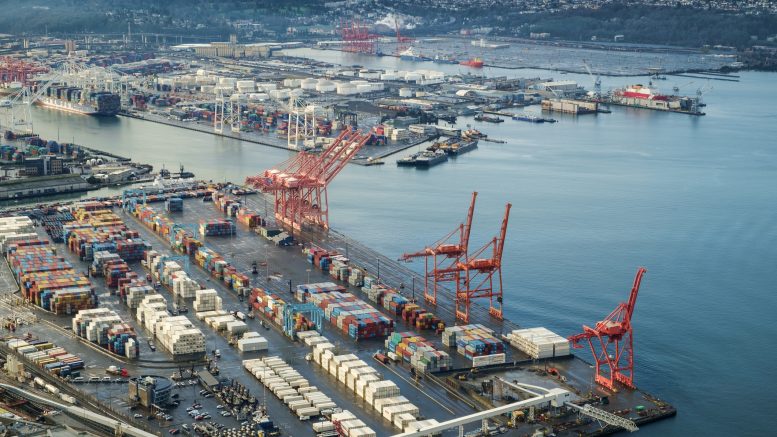The US Department of Commerce is set to evaluate whether or not imports of rare earth permanent magnets from China poses a national security threat, but imposing tariffs on products sourced from its largest supplier might be counterintuitive, analysis by Rosskill has found.
The White House released a report on June 8 detailing the findings from a 100-day review of vulnerabilities within the supply chains of four critical products, including semiconductors, large capacity batteries; critical minerals and materials; and pharmaceuticals.
The report was released in response to President Joe Biden’s February 24 executive order calling for an assessment of the vulnerabilities within essential supply chains.
The administration analyzed and provided recommendations on the supply chains within the report and also seeks to create a Supply Chain Disruptions Task Force to address supply chain challenges across the government.
In addition, the report calls for the U..S to begin the process of building comprehensive strategies for revitalising key industrial bases.
As it stands, when rare earth magnets are exported from China, rare earths receive no value-added tax (VAT) refund, while permanent magnets qualify for the full 13% refund. This financial incentive encourages the domestic production and subsequent export of permanent magnets and also provides a cost advantage to Chinese producers.

Lynas Corp’s rare earths deposit at Mt Weld, Western Australia. Credit: Lynas Corp.
The trade relationship is one of several contributing factors explaining China’s dominance in the rare earths industry.
According to analyst Roskill it appears counter-productive for the U.S. to impose import tariffs on rare earth permanent magnets sourced from their largest supplier. China produces about 90% of the world’s neodymium-iron-boron or NdFeB permanent magnets, and alternative sources are limited.
This could lead to increased costs for U.S.-based companies and further associated economic impacts.
Roskill also believes that in order to develop a truly resilient rare earths supply chain, North America must establish domestic capacity for precursory magnet metals and alloys, and the subsequent production of permanent magnets.
Imposing import tariffs on Chinese permanent magnets could encourage said domestic supply chain development or alternatively encourage China to either grant full VAT refunds upon exporting rare earths or cancel the VAT refund upon exporting permanent magnets.
“This would help level the playing field for other magnet producers because Chinese companies would either prefer to export the refined material prior to magnet generation, to receive the VAT refund, or accept the higher cost of exporting permanent magnets, therefore allowing rest-of-world producers to compete more closely on a cost basis,” says Roskill rare earth and titanium analyst Ross Embleton in a research note.
In short, the US Department of Commerce could impose import tariffs on permanent magnets from China in a bid to reduce the reliance on Chinese derived products, thus increasing supply chain security. This strategy could encourage China to review its current trade policies, or the development of North American capacity for permanent magnet production.


Be the first to comment on "US tariffs on Chinese permanent magnets counterproductive – report"